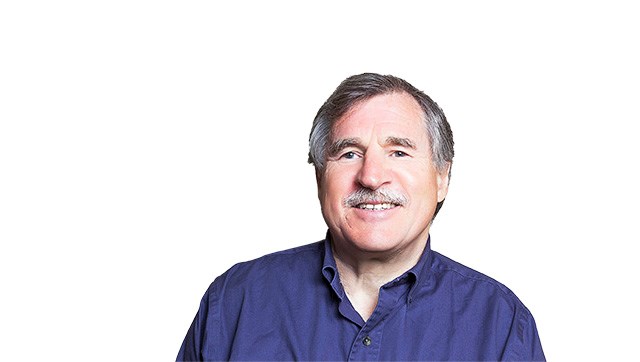And they’re off. The 2018 municipal budget sweepstakes are underway. Where they will end up is anybody’s guess.
Our mayor says budgets “are a balancing act of priorities and perspectives, and are at their best when municipalities plan well and when citizens participate.” With that goal in mind, budget-related documents and video footage of meetings will be posted on the municipal website. Ample opportunities will be made available for public input, including comments on the District’s Twitter and Facebook pages.
What’s not to like about that strategy? From all appearances what we have here is a trifecta of transparency, citizen engagement and empowerment. But appearances can be deceptive. In the past, numerous community generated tax reduction strategies withered on the vine, especially those related to cutting costs by reducing staff and creating greater efficiencies at muni hall. As a result, many observers began to have doubts about the consultation process.
After reading the mayor’s invitation for citizen participation, one poster on The Chief’s comments page wrote “Yes, let’s talk about no tax increases. Let’s talk about having a full-service review done on all departments at muni hall by an outside expert. Let’s talk about how developers are running/ruining this town. Let’s talk about the quality of services like water, roads, sewer system, you know, the real work of a local government.”
The prevailing reasoning for tax hikes presented by District officials is that increases are required to keep up with rapid growth and deteriorating infrastructure. No doubt there is an element of truth to that claim. The public works department has seen a significant increase in requests for service to roads and drainage, utilities and parks. And utility fee hikes have been triggered by a combination of depleted capital reserves and the need for extensive remediation of the sewage treatment plant due to more stringent environmental regulations. According to Coun. Jason Blackman-Wulff, the District needs to ensure it doesn’t shortchange residents by cutting service levels, or by deferring critical infrastructure, thus incurring a large liability for taxpayers down the road.
Last June, The Chief asked Kin Lo, a UBC accounting professor, to analyze the District’s 2016 consolidated financial statements. In his estimation, we’re in good shape with an operating surplus between 13 and 14 million dollars. But Lo says those funds are earmarked for infrastructure upgrades and he figures a reduction in taxes would mean the District will have to top up the infrastructure kitty by borrowing more money. However, he believes a good argument could be made for that approach “because it is there to benefit a future taxpayer and they should pay for the borrowing later.”
Whatever spin we put on the above sampling of opinions and projections, budget deliberations are becoming more complex and this year’s version will be challenging for all parties at the negotiation table.



